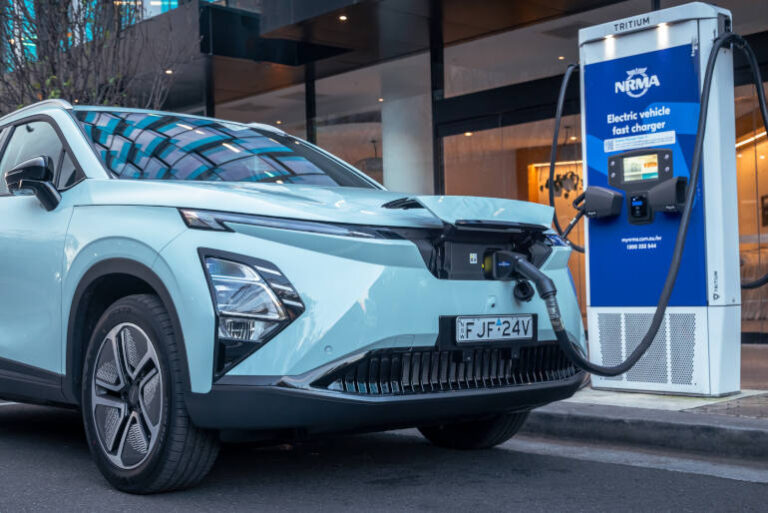Australia’s peak automotive industry group has supported the Commonwealth Government’s decision to encourage an increase of battery electric vehicle sales with the introduction of $150 million of low-interest loans for workers earning less than $100,000 per year and also essential workers.
FCAI Chief Executive Tony Weber said that Australia was mirroring global trends showing a slowdown in the growth of full battery electric vehicle sales, in spite of the increasing number of brands and models entering the Australian market.
“Growth in demand for battery electric vehicles is easing in markets around the world as governments remove incentives and consumers face the realities of making the shift which includes higher purchasing prices, availability of recharging infrastructure and models that meet their work and recreation needs,” Mr Weber said.
“Less than 84,000 battery electric vehicles have been sold in Australia this year comprising around 7.4 per cent of new vehicle sales. Frankly, this is a disappointing result and well below our forecast at the start of the year of around 11.1 per cent, or about 135,000 sales.
“It is significant that the Government has recognised the need to do more to support sales of EVs in order to get anywhere near the challenge of achieving its extremely ambitious emissions reduction targets under the New Vehicle Efficiency Standard (NVES) which is due to begin on 1 January 2025.
Mr Weber added that the Government needed to take additional steps to support consumers on the journey to low-emissions motoring by extending the FBT concession to plug-in hybrid vehicles which was planned to end on 1 April 2025, and the removal of the five per cent import tariff on light commercial EVs.
“Increasing consumer demand for plug-in hybrid and hybrid vehicles shows that consumers are prepared to move to low-emission technologies. The opportunity exists for the Government to consider further policy settings that support the shift to a lower emissions economy.
“However, today’s announcement is a good initial step to support a small and specific group of consumers to make this step,” Mr Weber said.





